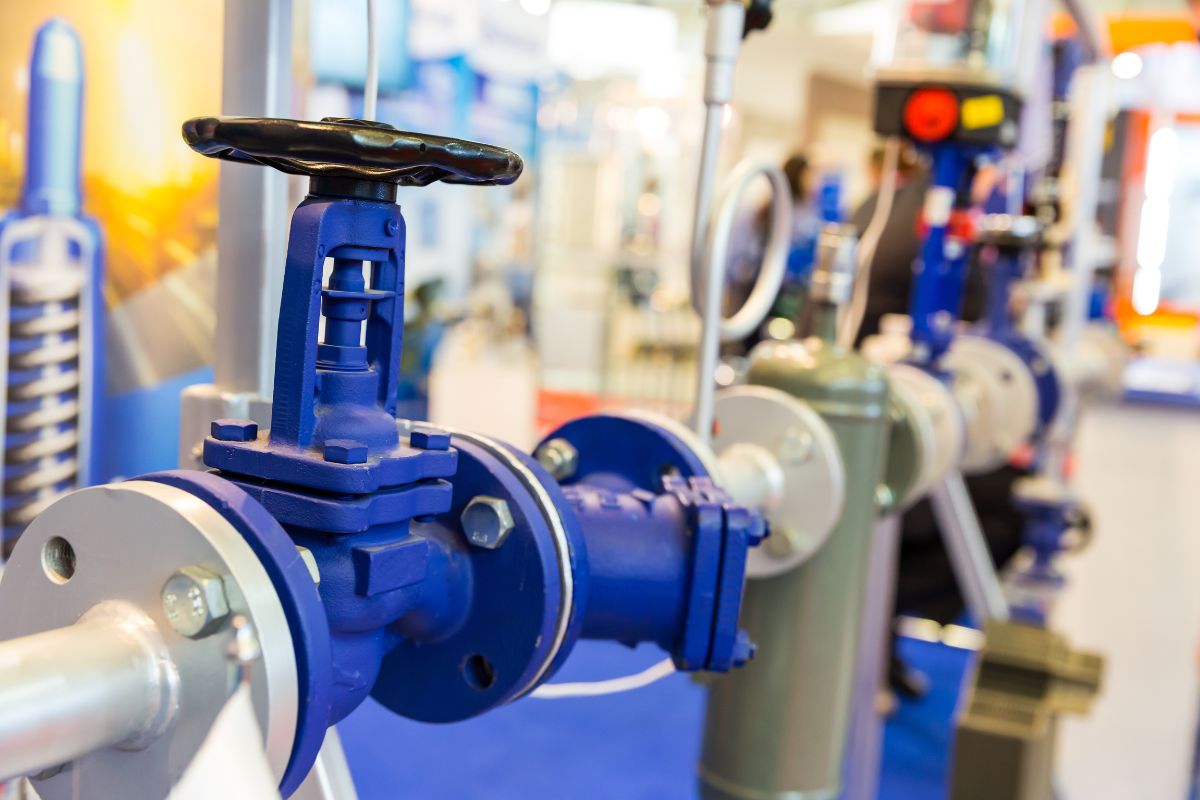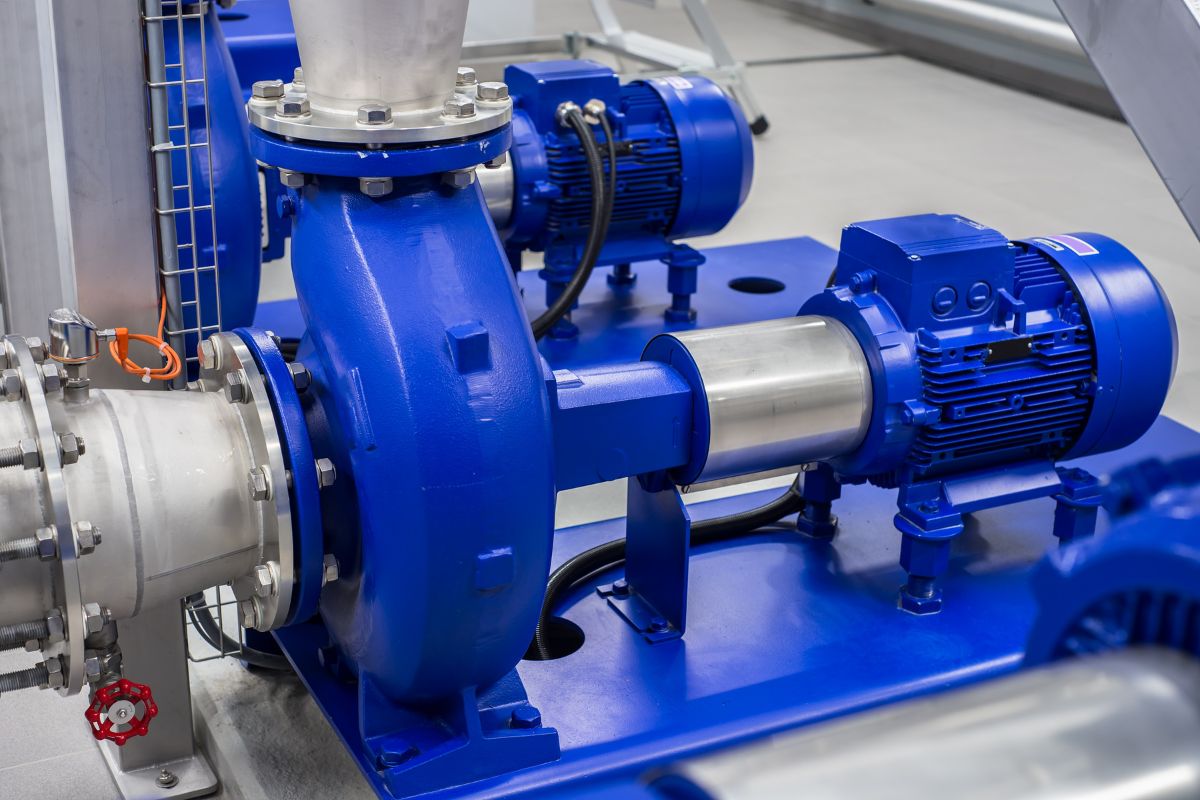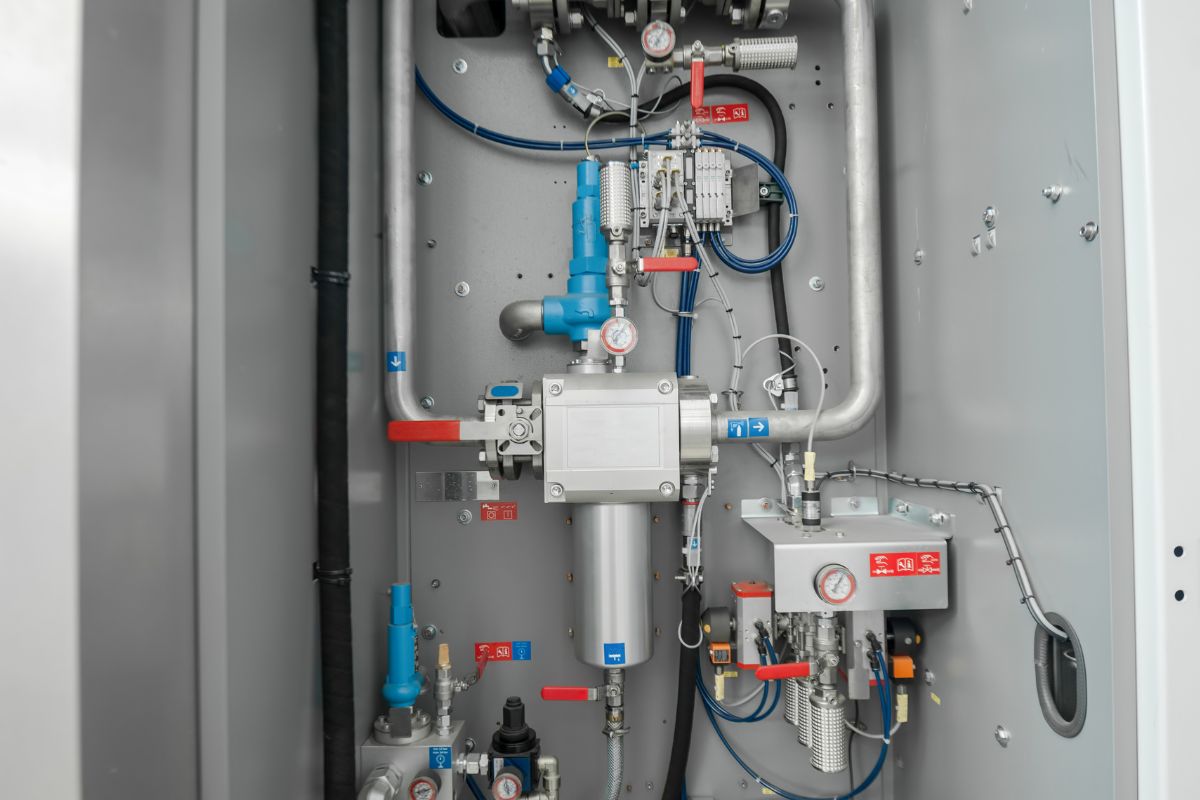In the realm of industrial automation, efficiency, and precision are paramount. At the heart of this high-tech world, control valves play a pivotal role.
These devices are critical in managing the flow and pressure of various substances through industrial systems.
This article delves into the world of control valves, exploring their importance in automation and how they contribute to the seamless operation of various industrial processes.
What Are Control Valves?
Control valves are mechanical devices used to regulate or manipulate the flow of fluids, such as gas, oil, water, and steam, in industrial processes.

Common types include ball valves, butterfly valves, and gate valves. Each type has specific characteristics that make it suitable for different applications.
The primary function of these valves is to control the flow rate and, as a result, the process variables such as pressure, temperature, and fluid level in industrial systems.
The Role Of Control Valves In Industrial Automation
Control valves are integral to industrial automation, serving as the executors of system commands. They play a vital role in manufacturing, oil and gas production, chemical processing, and more.
For example, Johnson controls control valves are often used to regulate the temperature in HVAC systems by controlling the flow of coolant or heating medium.
In the manufacturing sector, Schneider Electric control valves might be utilized to ensure precise mixing of ingredients or control the temperature during a process.
These applications underscore control valves’ importance in maintaining process efficiency and ensuring operational safety.
Control Valve Mechanics and Components
A typical control valve consists of a valve body, an actuator, and, often, a positioner.
The valve body is the primary fluid-flow-controlling component, while the actuator provides the necessary force to open or close the valve.
Positioners are used to accurately control the valve’s opening based on the signal received from the control system.
In some sophisticated setups, like those involving Honeywell control valves, the automation system can remotely operate valves and provide feedback on their status, enhancing the precision of the process control.
Selection Criteria For Control Valves in Automation
Selecting the right control valve is crucial for any automated system. Factors to consider include the size of the valve, the material it’s made from, and its pressure rating.
Compatibility with the medium being controlled and the rest of the system is also vital. For example, in corrosive environments, Hayward flow control valves known for their corrosion-resistant properties, might be preferred.
The selection of control valves significantly influences the efficiency, reliability, and safety of the entire system.
Challenges And Solutions In Implementing Control Valves
Integrating control valves into an automated system comes with its set of challenges. One common issue is ensuring compatibility between the valve and the existing system components.

Maintenance requirements also pose challenges, as valves are subject to wear and tear. Solutions include choosing valves with proven durability and easy maintenance features, and ensuring they are well-matched to the system’s requirements.
Technological advancements have introduced smarter control valves that self-diagnose and predict maintenance needs, simplifying these challenges.
Trends and Future of Control Valves in Automation
The future of control valves in automation is being shaped by emerging trends like the integration of smart technologies and the Internet of Things (IoT).
Smart valves equipped with sensors can provide real-time data on system performance, contributing to predictive maintenance and system optimization.
This technological evolution is expected to enhance the efficiency and productivity of industrial processes, making systems more responsive and less prone to downtime.
Conclusion
Control valves are indispensable in the field of industrial automation. Their ability to precisely control various process variables makes them a crucial component in a wide range of industrial applications.
As automation technology continues to evolve, the role of control valves becomes increasingly significant.
Their proper selection, maintenance, and integration are key to ensuring optimal performance of industrial systems.
Companies like Johnson Controls, Schneider Electric, Honeywell, and Hayward are at the forefront of developing advanced control valve solutions that cater to the growing needs of industry automation.
Additional Resources
For those interested in delving deeper into the world of control valves and industrial automation, numerous resources are available. Industry associations, technical guides, and educational materials provide a wealth of information.
Staying informed about the latest developments in this field is crucial for professionals looking to optimize their industrial processes and enhance system efficiency.
Ella Marcotte
Latest posts by Ella Marcotte (see all)
- UA vs GA4: The 4 Big Differences You Need To Know - April 26, 2024
- Understanding The Role Of Control Valves In Industrial Automation - April 8, 2024
- How Automation Can Boost Your Business Outcomes - April 4, 2024




